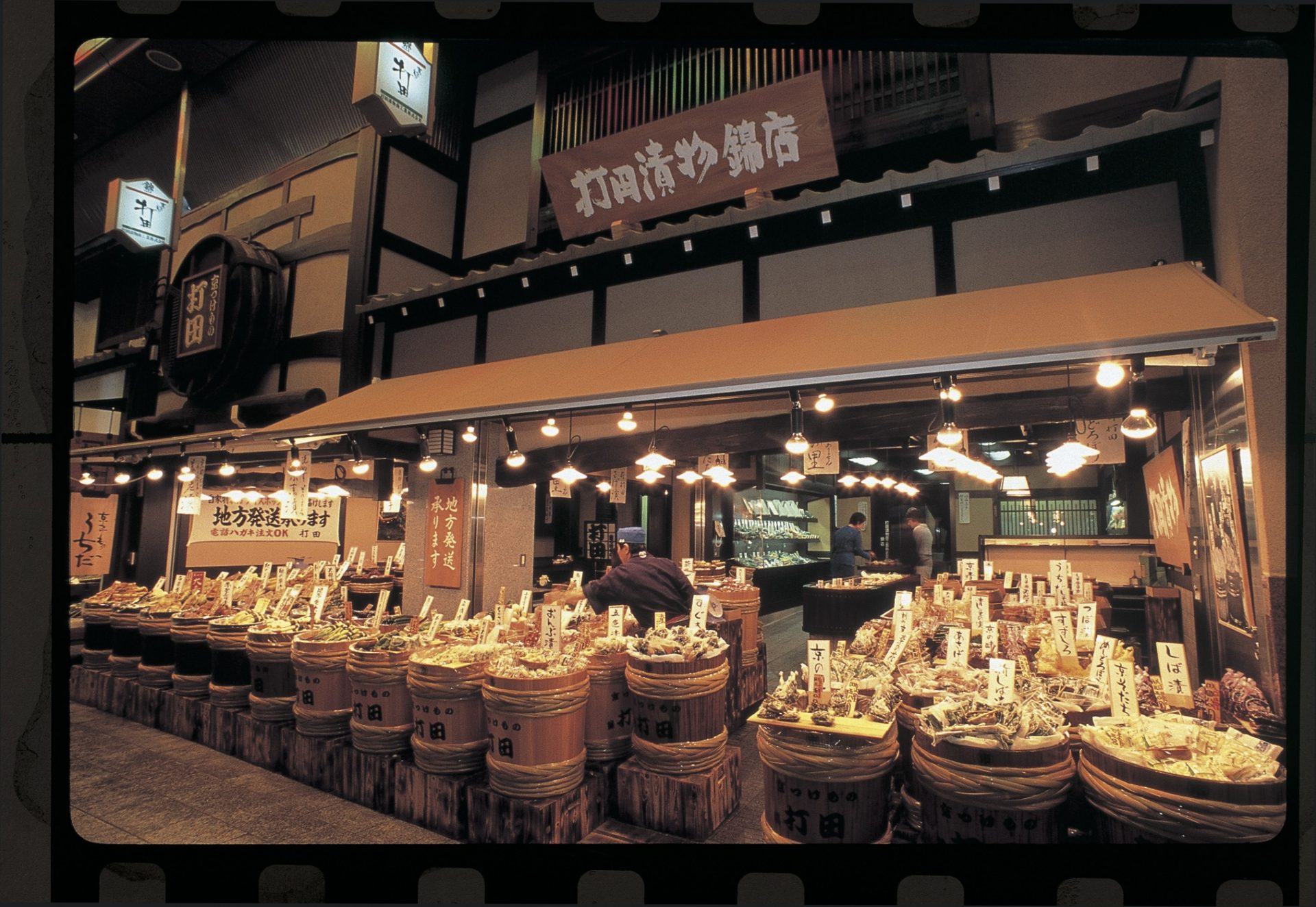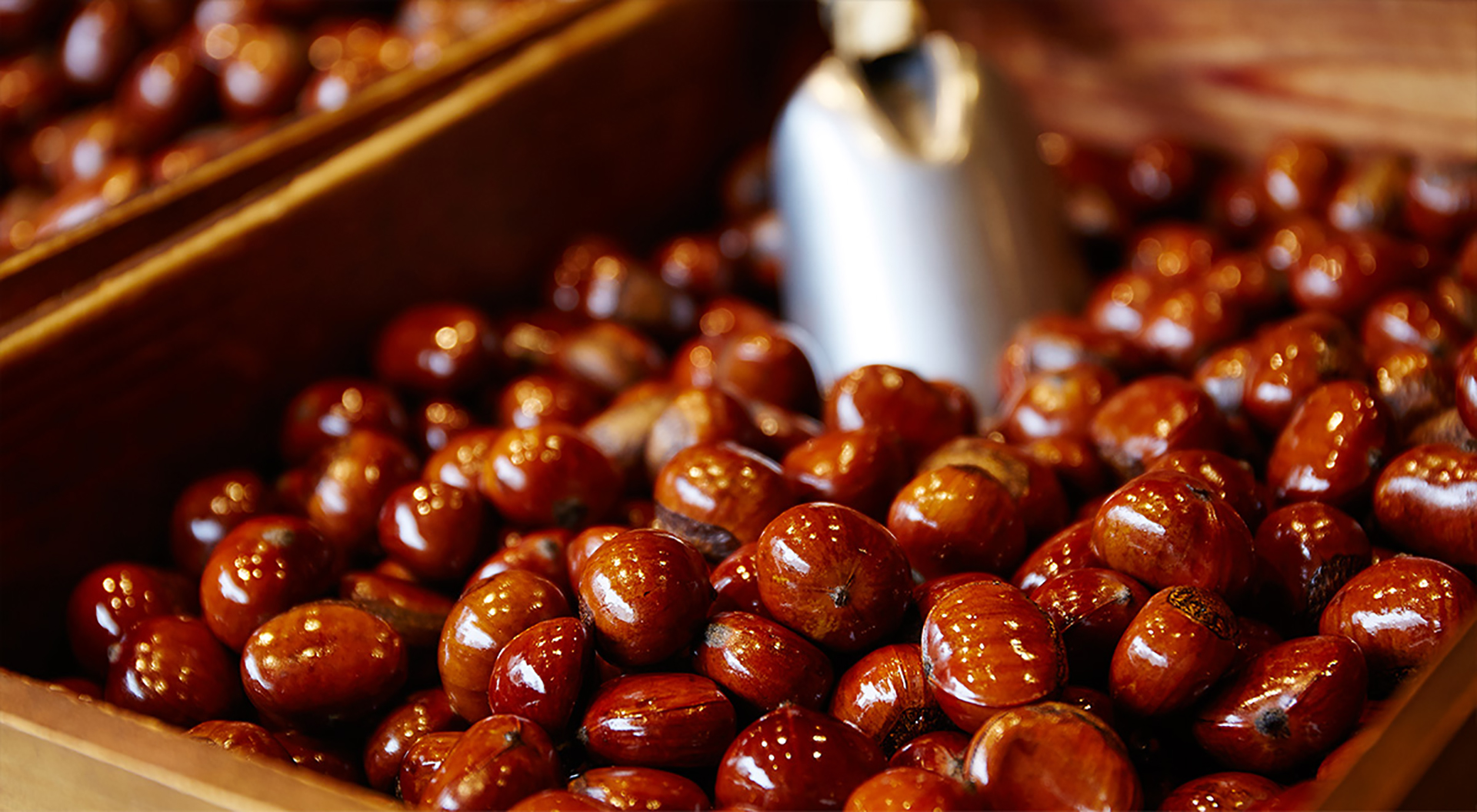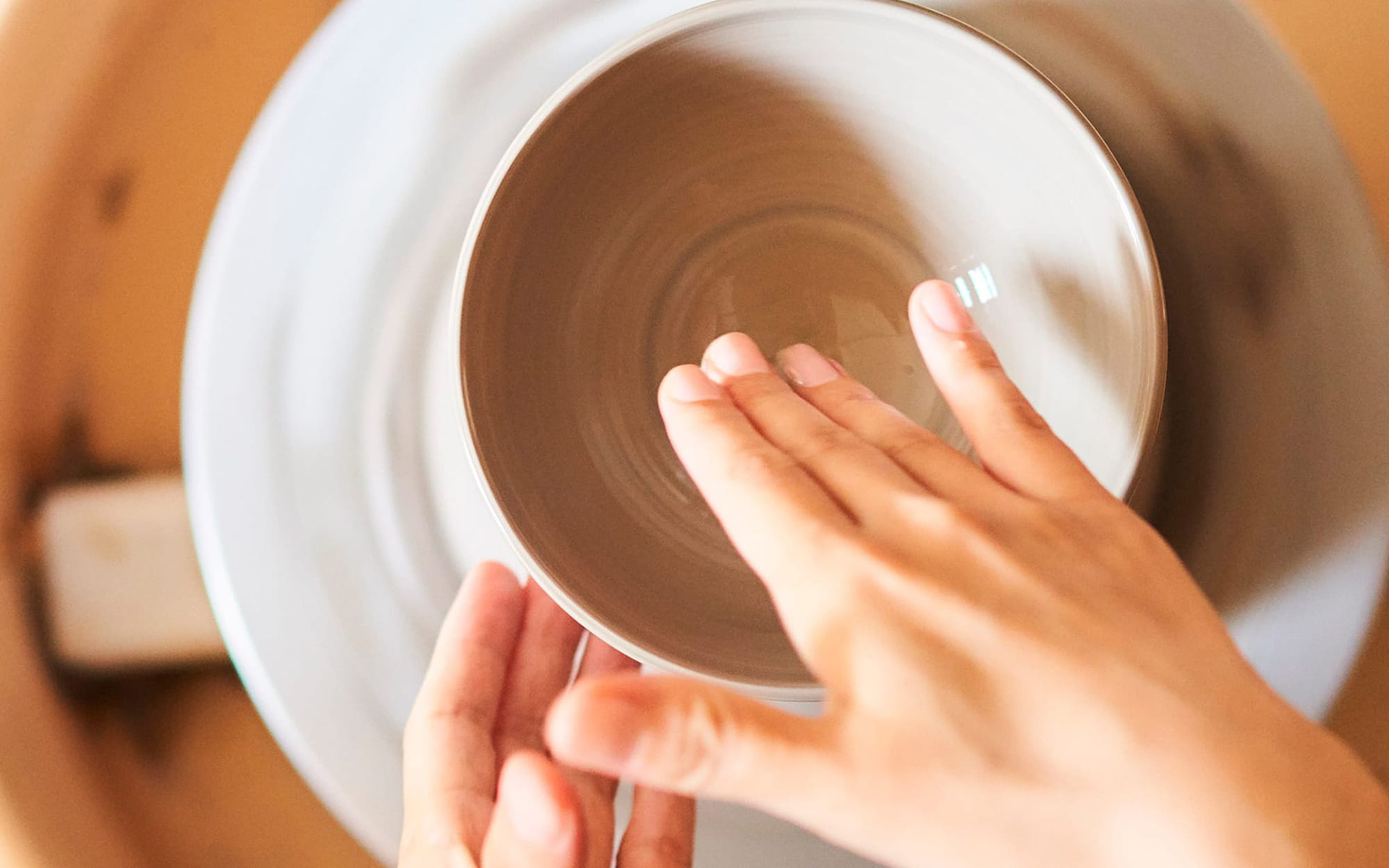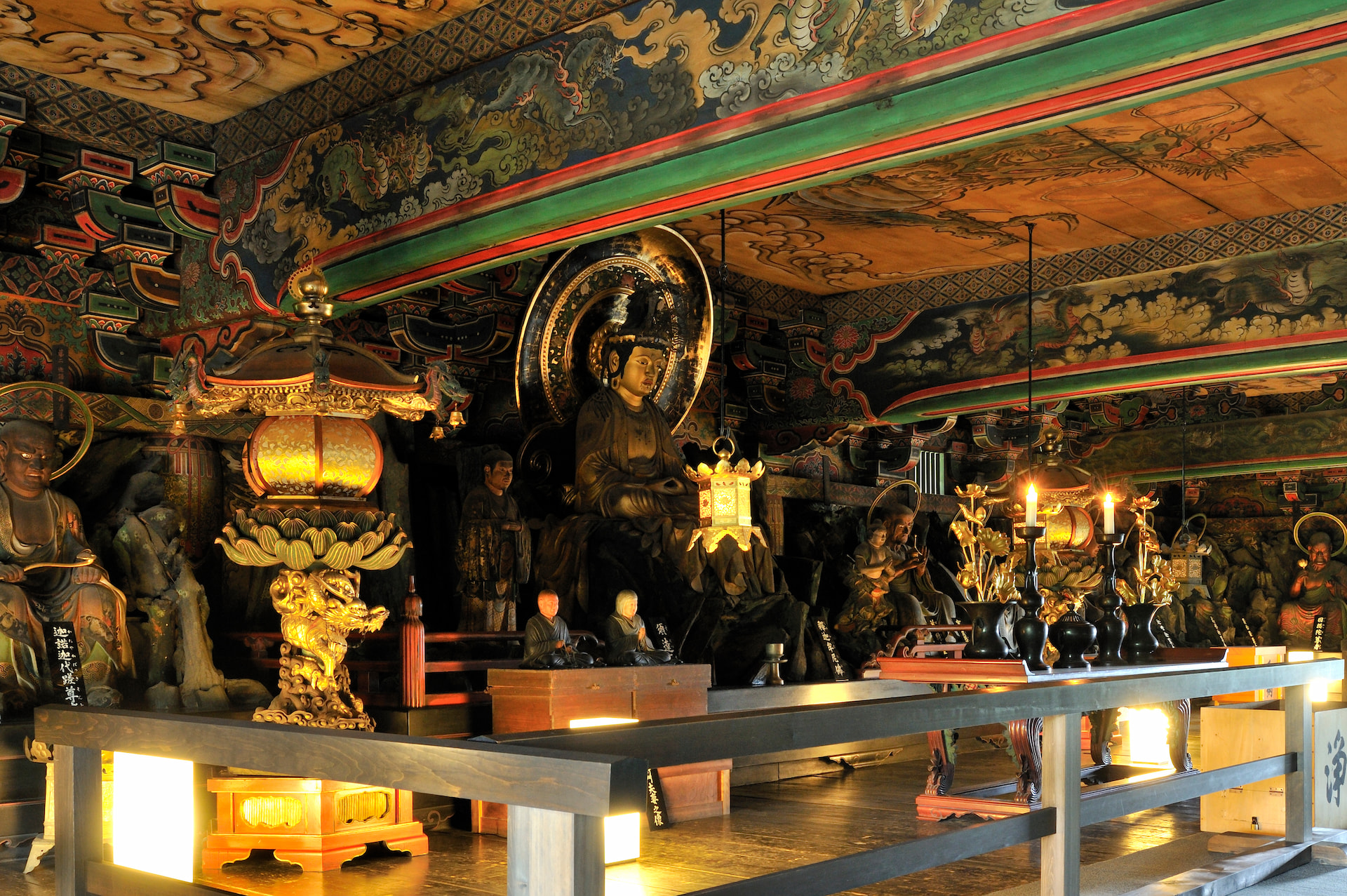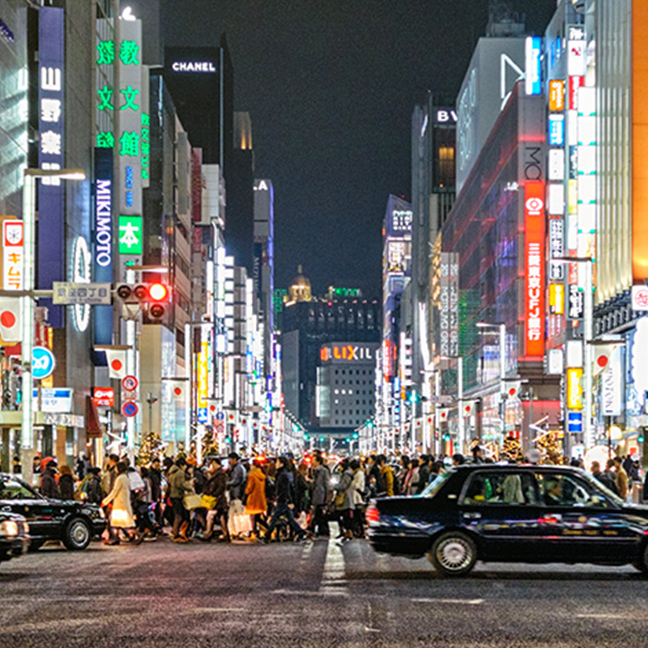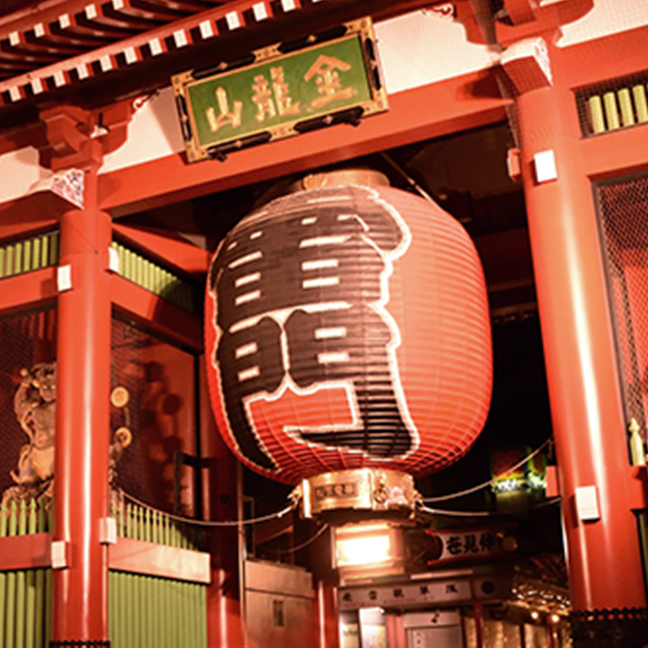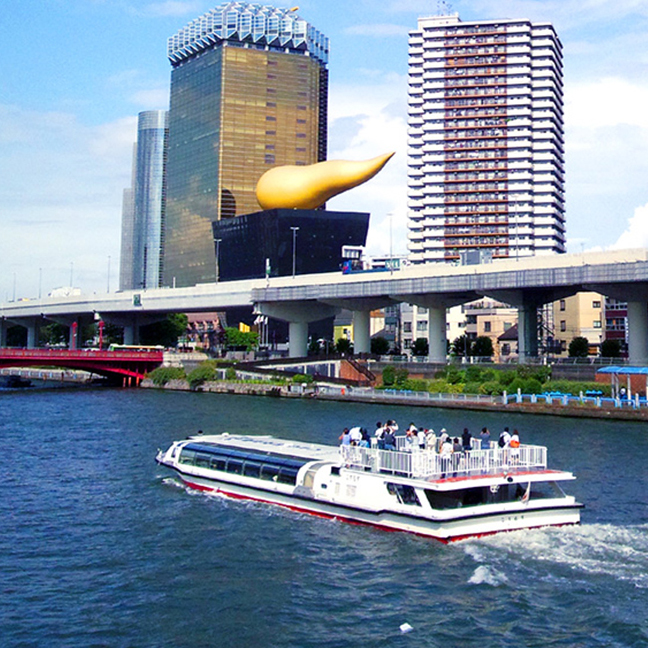The staff of The Gate Hotel Kyoto Takasegawa has just experienced the Karakamaru (Karakami Printing Experience) workshop tour, and we would like to introduce you to the experience!
Upon our arrival in Karamaru, our initial introduction involved watching a VTR detailing Kyo Karakami. But what exactly is karakami? What does engaging in it entail? If uncertainties abound, fret not, for the VTR serves as a primer on the historical and production facets of karakami, offering insight before plunging into the hands-on encounter.

With a deeper understanding of Kyo Karakami and heightened anticipation, we transitioned to the workshop to initiate the hands-on adventure. Initially, a skilled artisan elucidated the art of karakami Printing. The wooden blocks employed in karakami Printing hail from the Meiji period (1868-1912), embodying a precious tradition passed down meticulously across generations. Interestingly, a selection of these wooden blocks, owned by Kyo Karakami maruni, trace back to the Tenpo and Kaei eras.

After an explanation of the tools used, we selected the woodblocks and the Japanese paper on which we printed the patterns. There are two types of paints that can be used this time: gold and mica (kira). Mica is made of finely ground granite crystals and has a unique pearl-like shine. There are so many choices, it was difficult to decide which color paper to use which paint, and which pattern to print on.

After deciding on the woodblocks, paper, and paints to be used, the karakami Printing experience finally begans. We were excited to see how it would go!

First, paint was applied to a sieve with a brush and gently pressed against the woodblocks. The trick is to spread the paint evenly over the entire surface.


After applying the paint, it was time to print the pattern on the paper. It is quite difficult to place the paper so that the center of the pattern is in the center of the paper, so I was very nervous. Once the paper is placed, we gently stroke the paper with the palm of our hand so that the pattern on the woodblock is firmly printed on the paper.

When we finished stroking the entire surface, we turned the paper over halfway and rubbed it twice. By placing the paint in the same place again, the texture was enhanced, making it look fuller and warmer.

After the two side prints are completed, the paper is gently lifted from the upper right edge to the lower left. What do you think of the result?

In the karakami Printing experience, each person can try three sheets. This time, two people tried it, and each of them made three sheets! A fascinating observation lies in the fact that despite employing identical woodblocks, the impressions obtained vary entirely based on the chosen paper and paint combinations.

After the experience, while the paints were drying, we were shown a demonstration of a craftsman sliding patterns onto fusuma paper. Since the fusuma paper was larger than the height of the participants, they measured the size of the woodblocks in advance and marked the paper with a marker. Even though the paper is marked, if the position of the woodblock is off, even slightly, the final pattern will be off. The skill of the craftsman is evident in the way the woodblocks are handled, and the way the pattern is printed without the slightest deviation is a sight to behold.



The history of karakami has been handed down for more than 1,000 years.
Through this rare experience of actually finishing a piece of work by hand and seeing a demonstration by a craftsman, I could not help but marvel at the depth of Kyoto’s history and traditional craftsmanship. The experience lasted only about an hour, but it was so fulfilling that it was hard to believe that it was only an hour, and the karakami I brought home with me that day serves as a fantastic memory.
Come and see, touch, and experience Kyo Karakami, a traditional Kyoto craft that has continued since the Heian period.
SHOP DATA
- Name: Kyo Karakami Experience Studio Karamaru
- Address: 462 Senjoji-cho, Shimogyo-ku, Kyoto-shi, Kyoto 600-8076
- tel 075-361-1324
- URL https://karamaru.kyoto/en/
- Business hours: 10:00-17:30
- Closed on Sundays, national holidays, Mondays, and summer holidays
*Please contact the store directly for the latest information on business hours, holidays, etc.
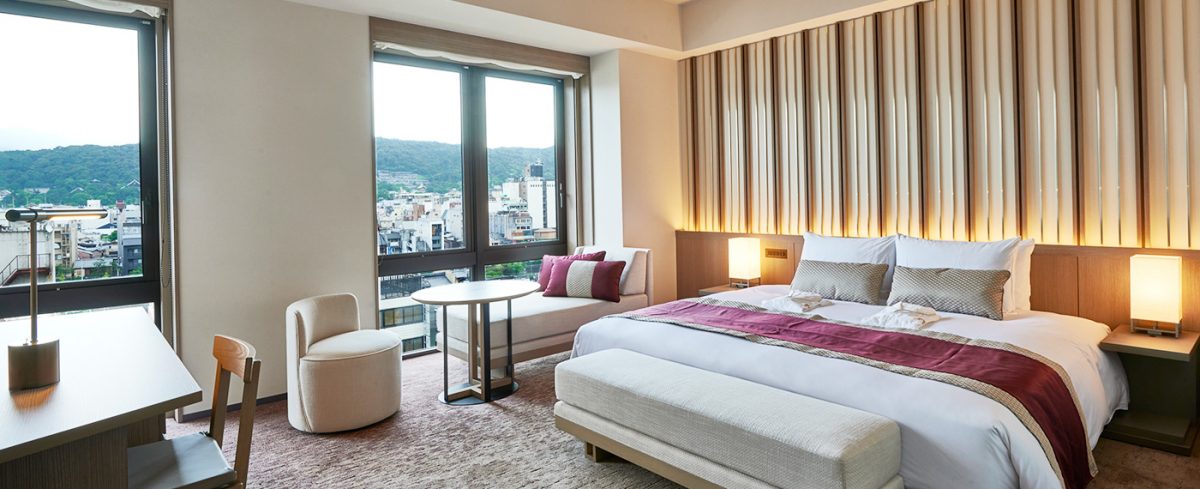
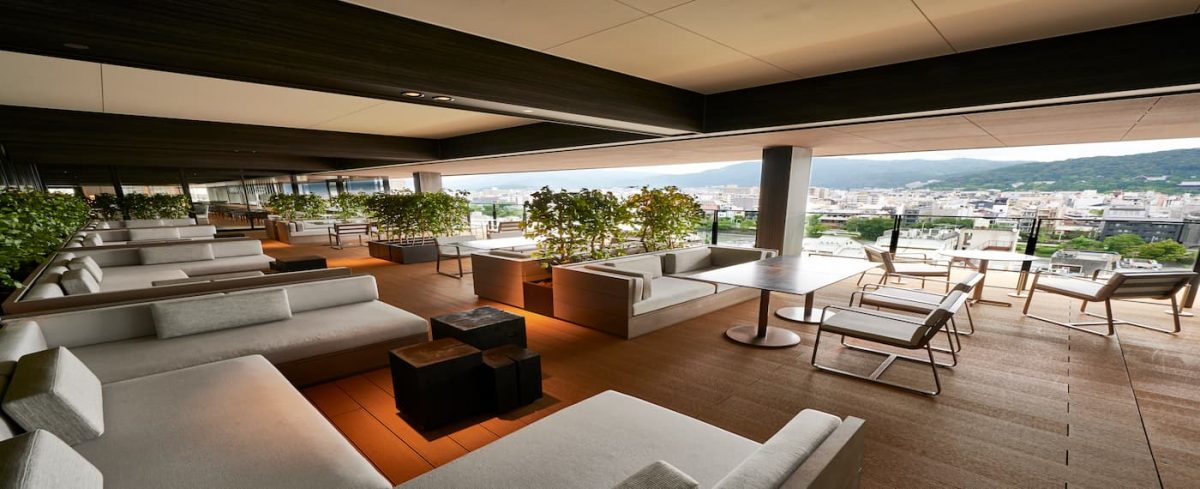
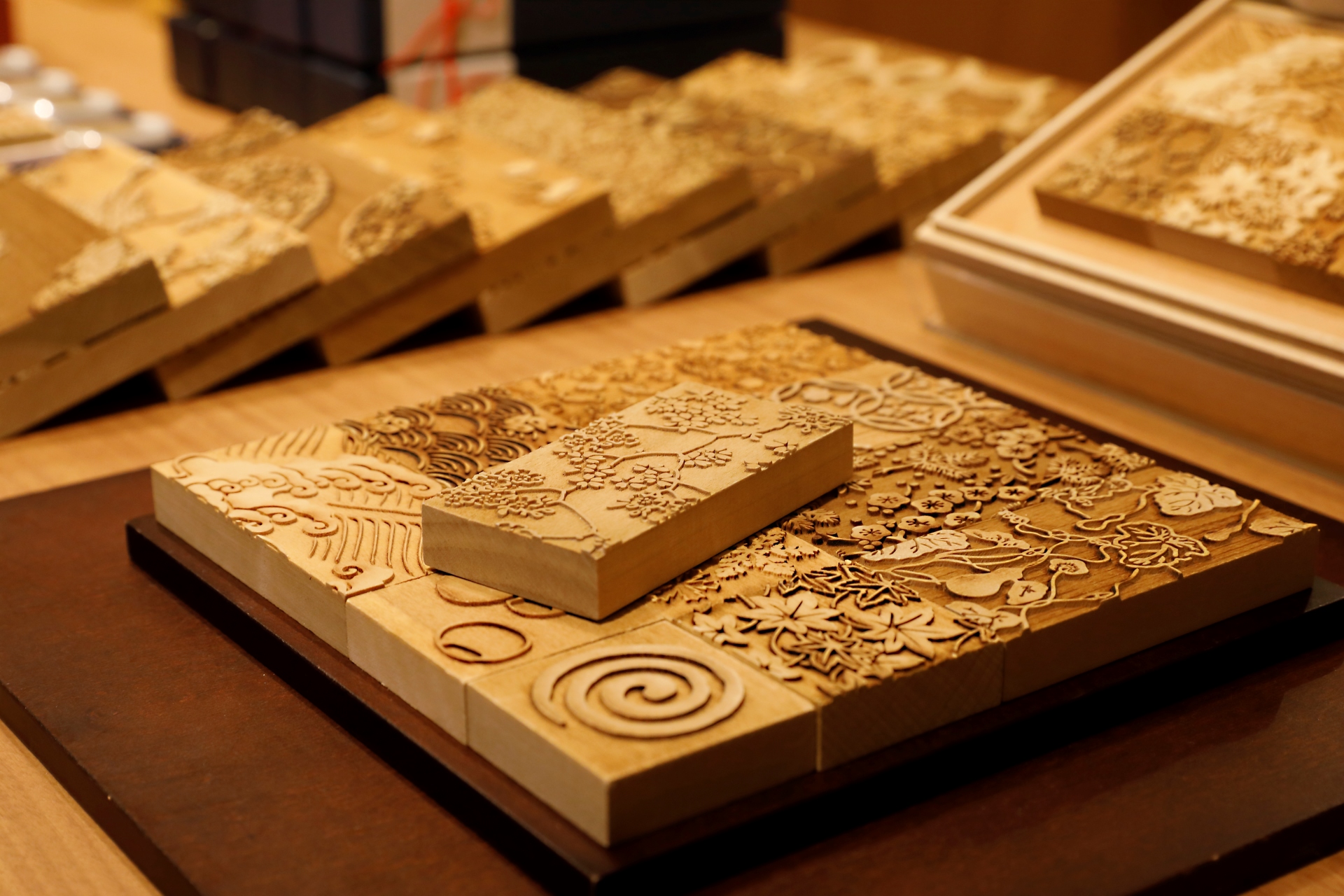
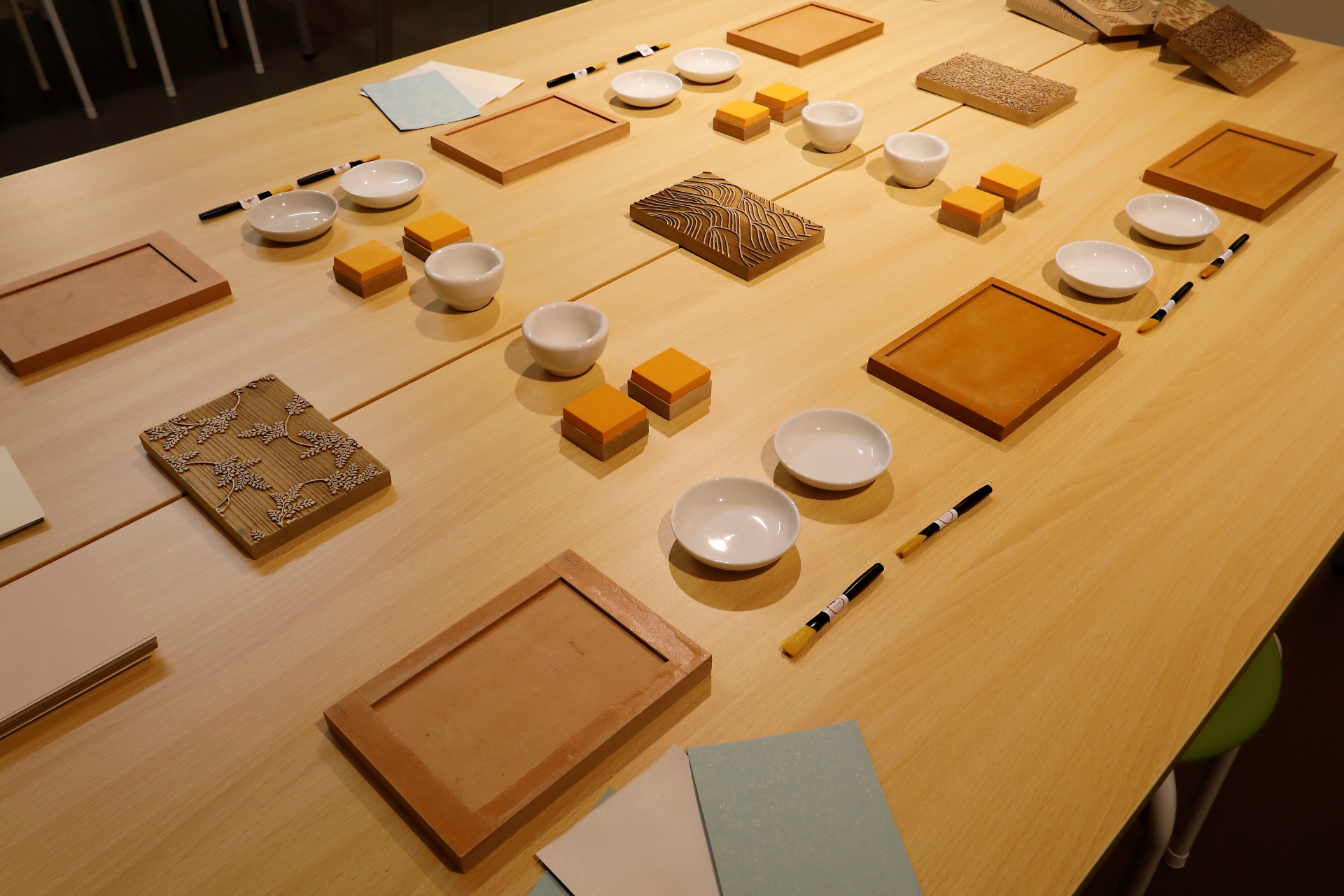
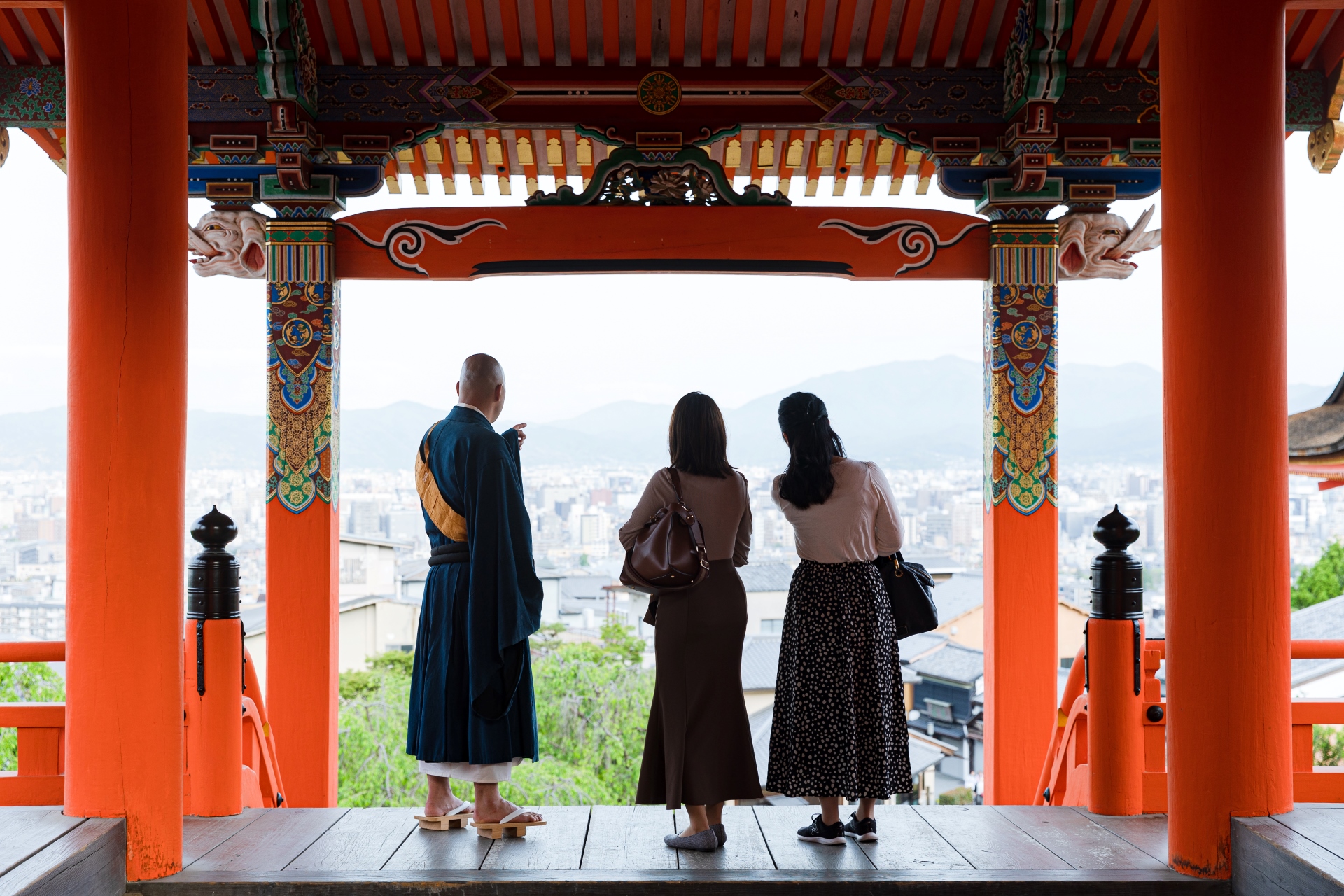
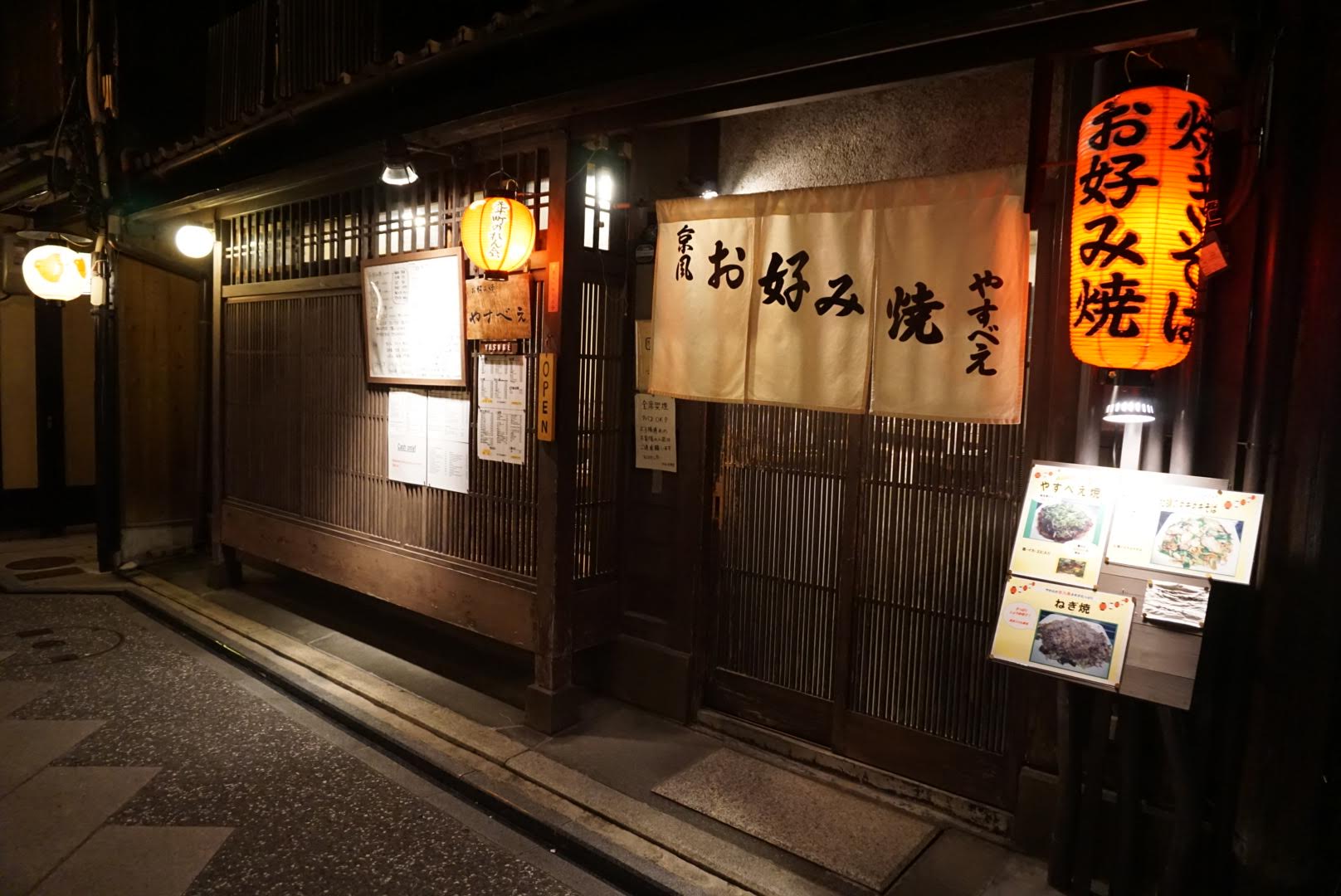
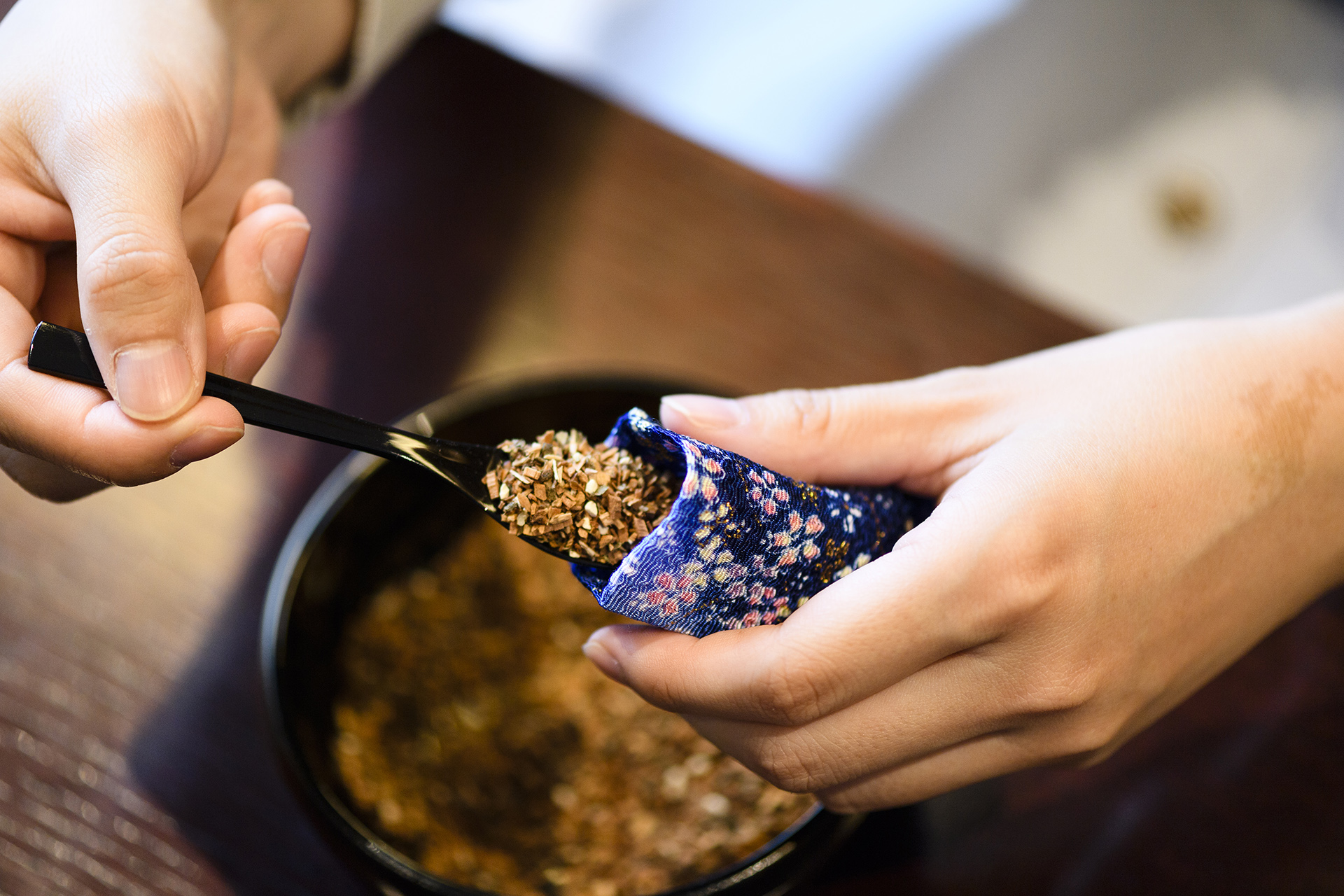

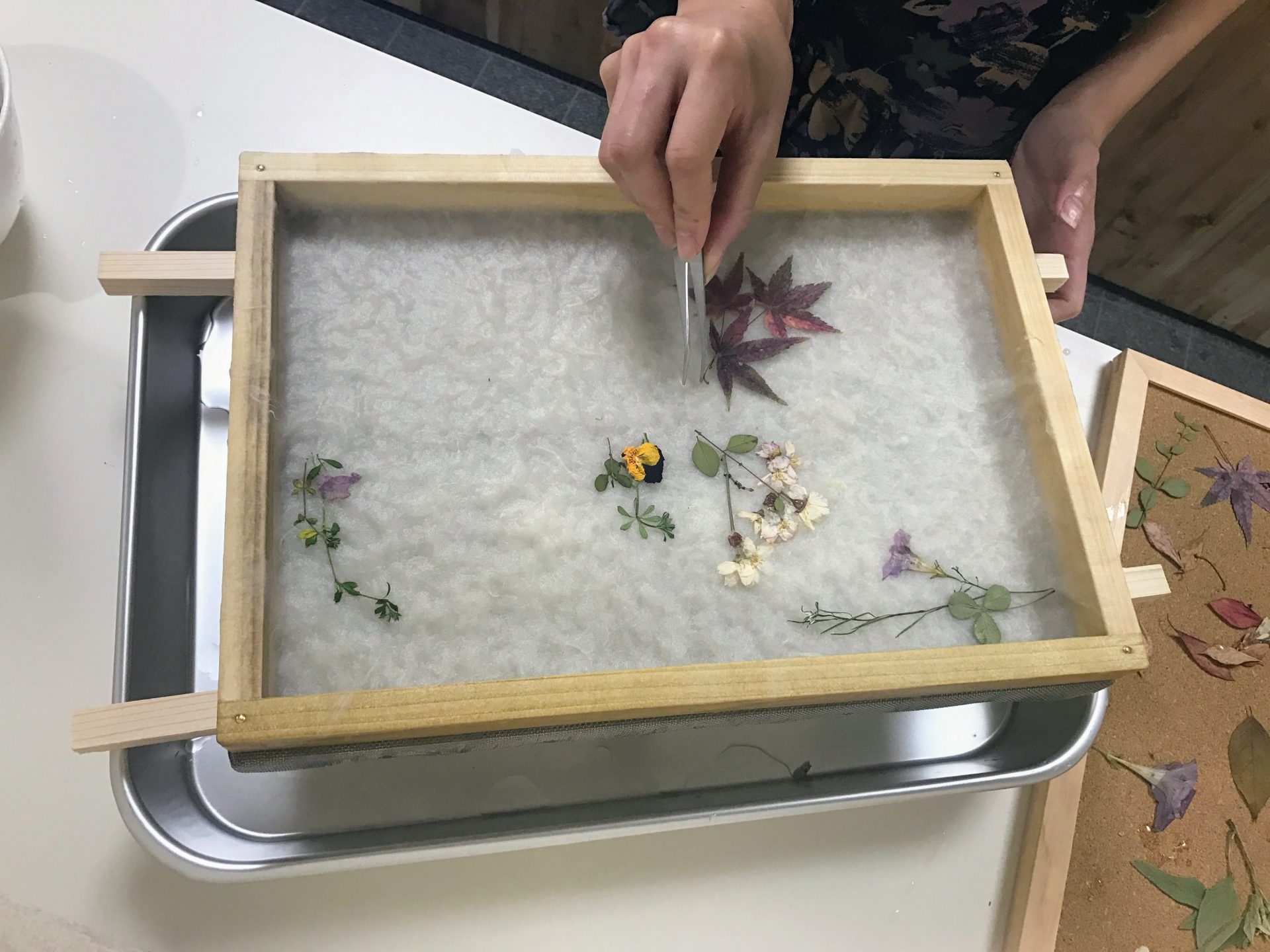
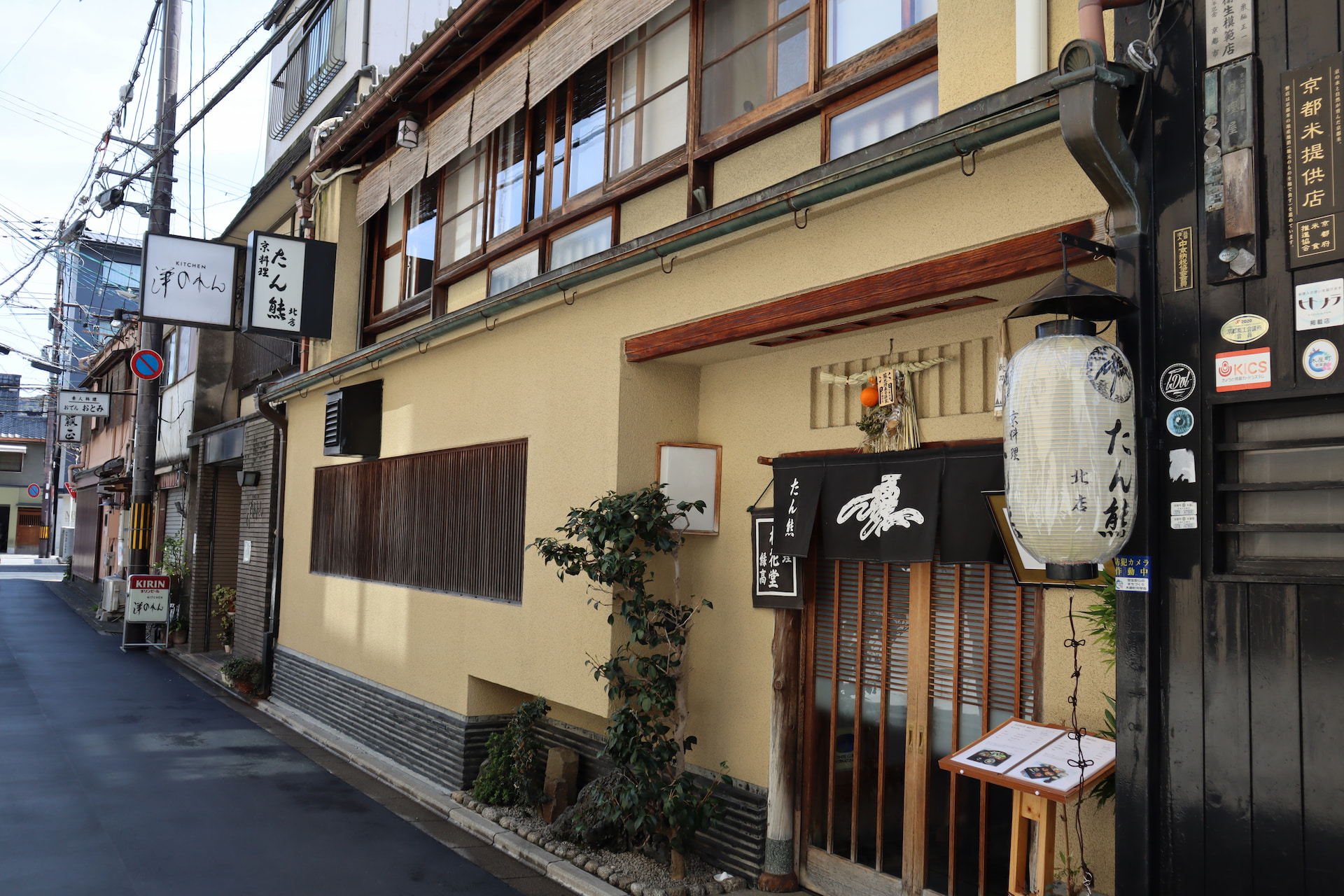
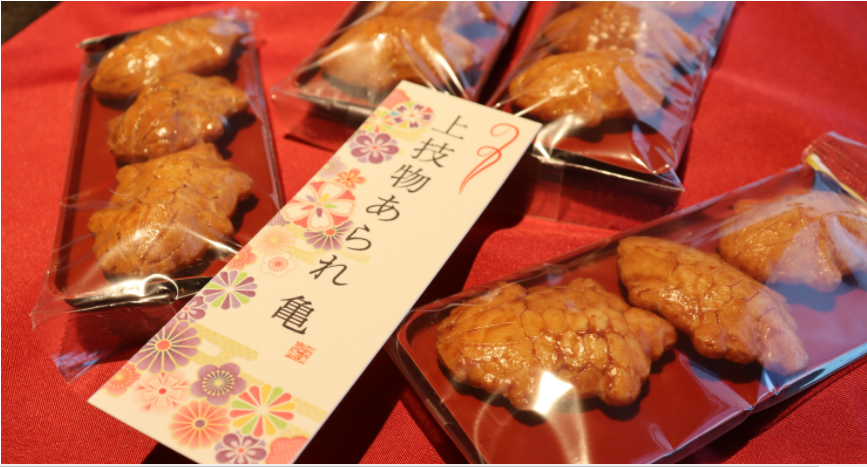

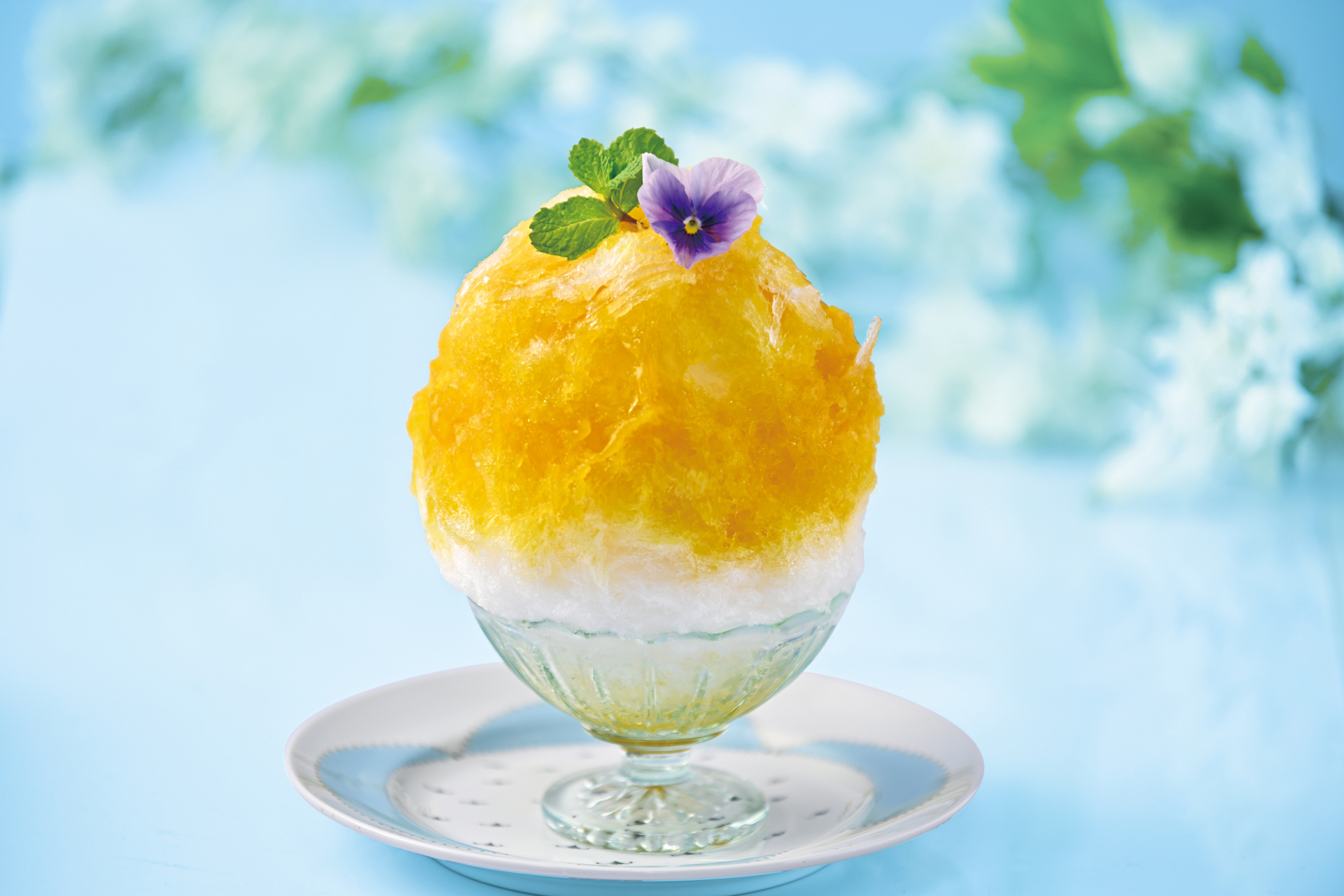
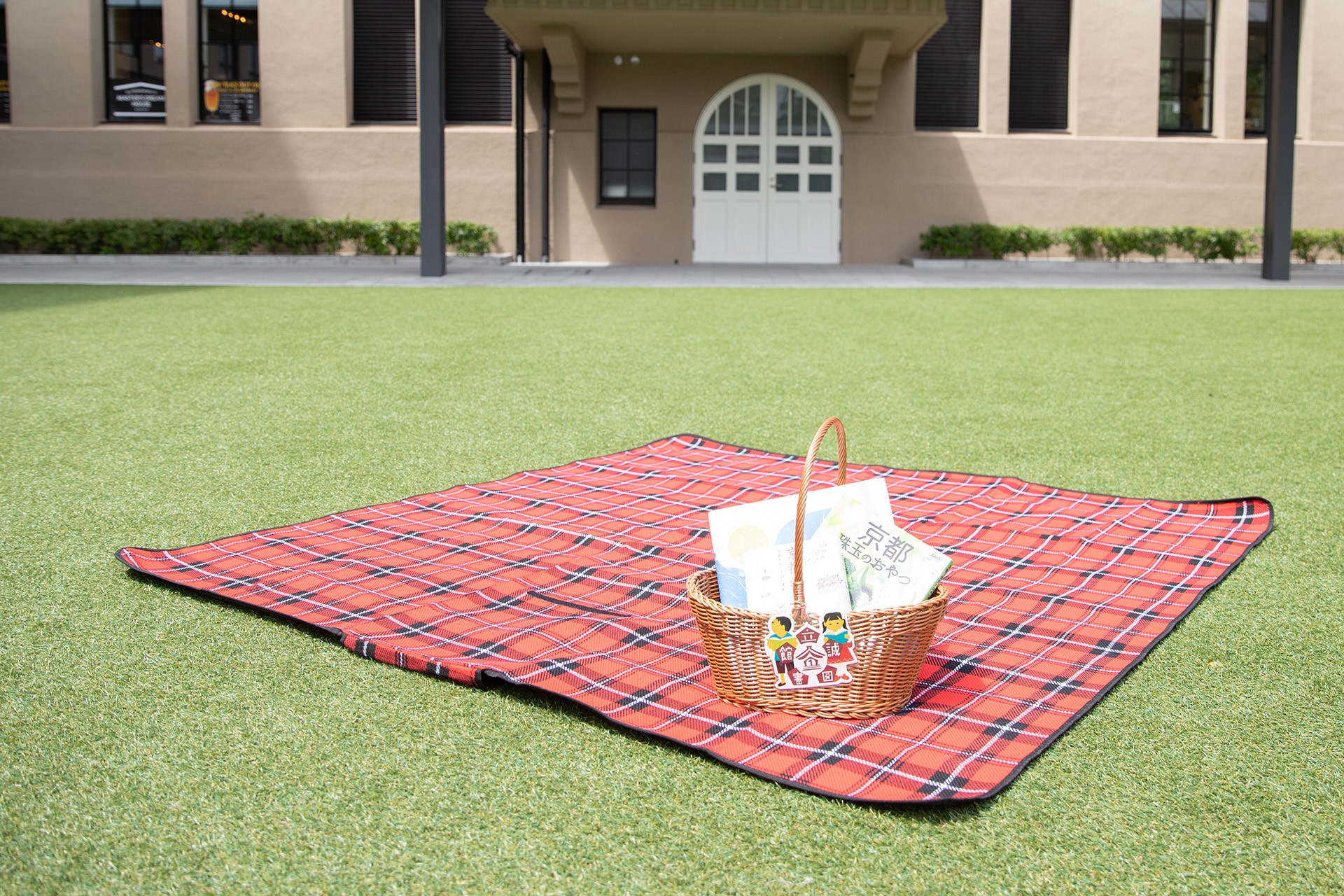
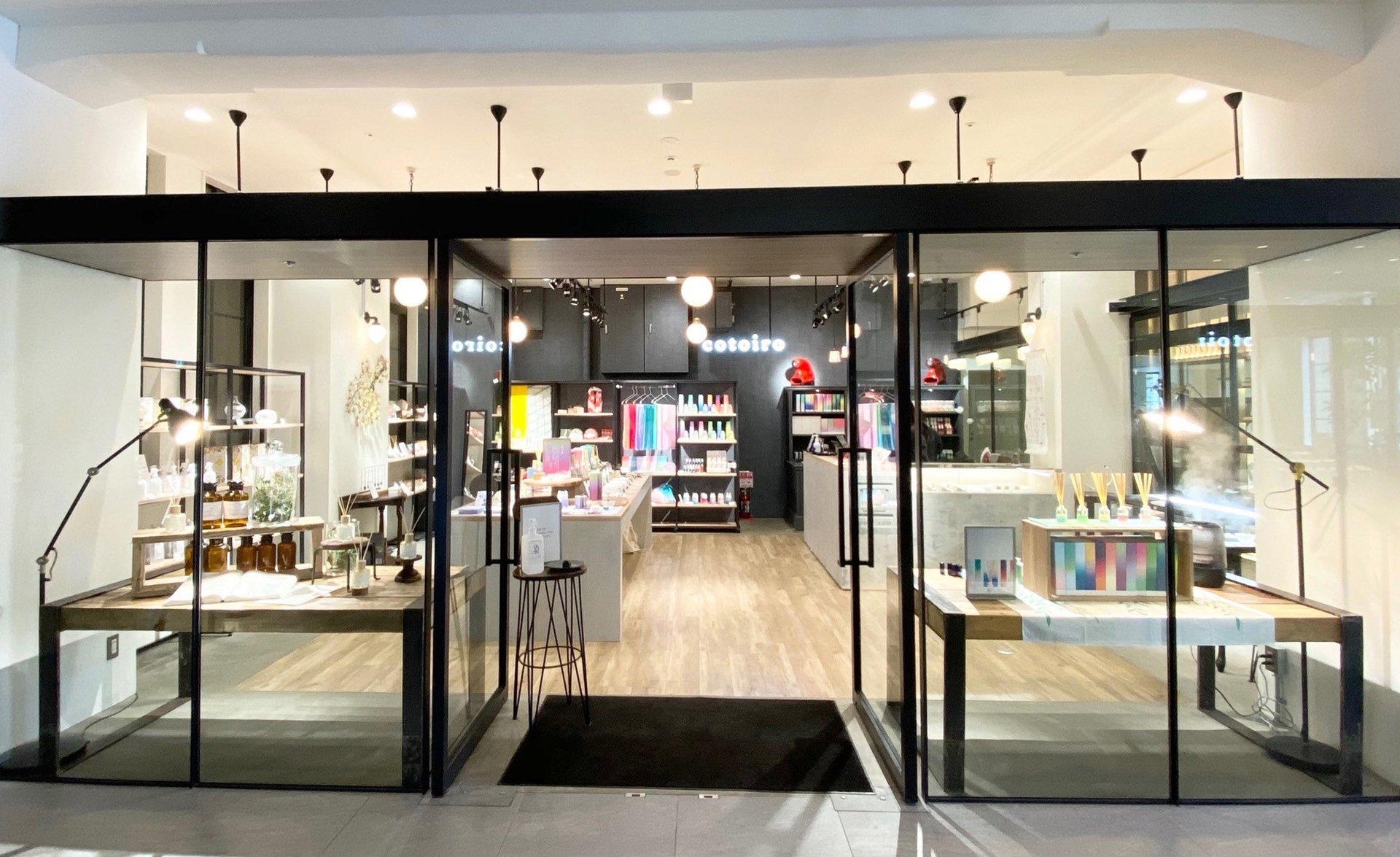
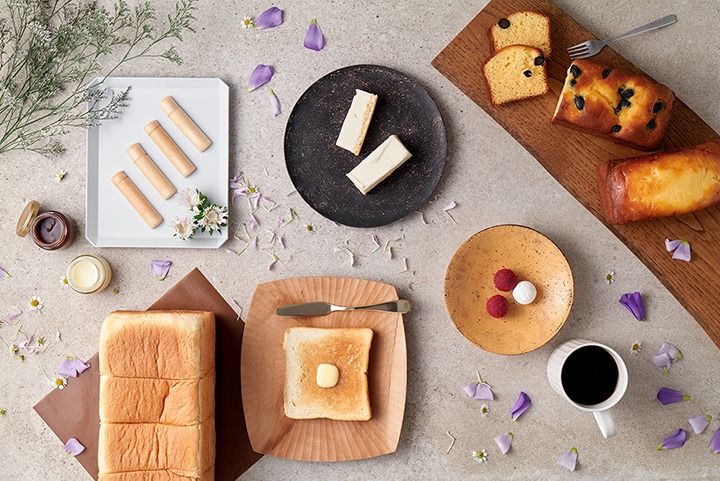
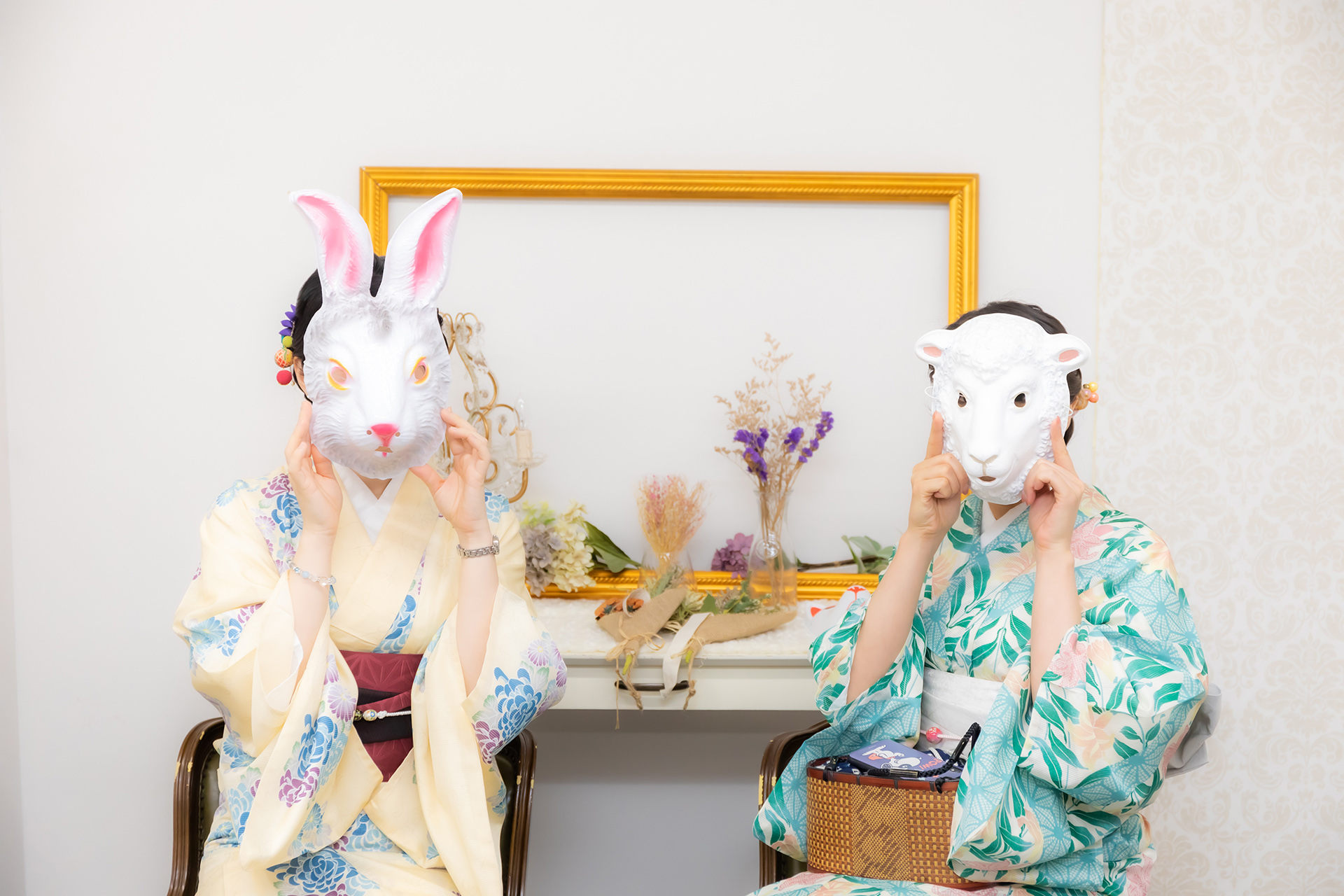
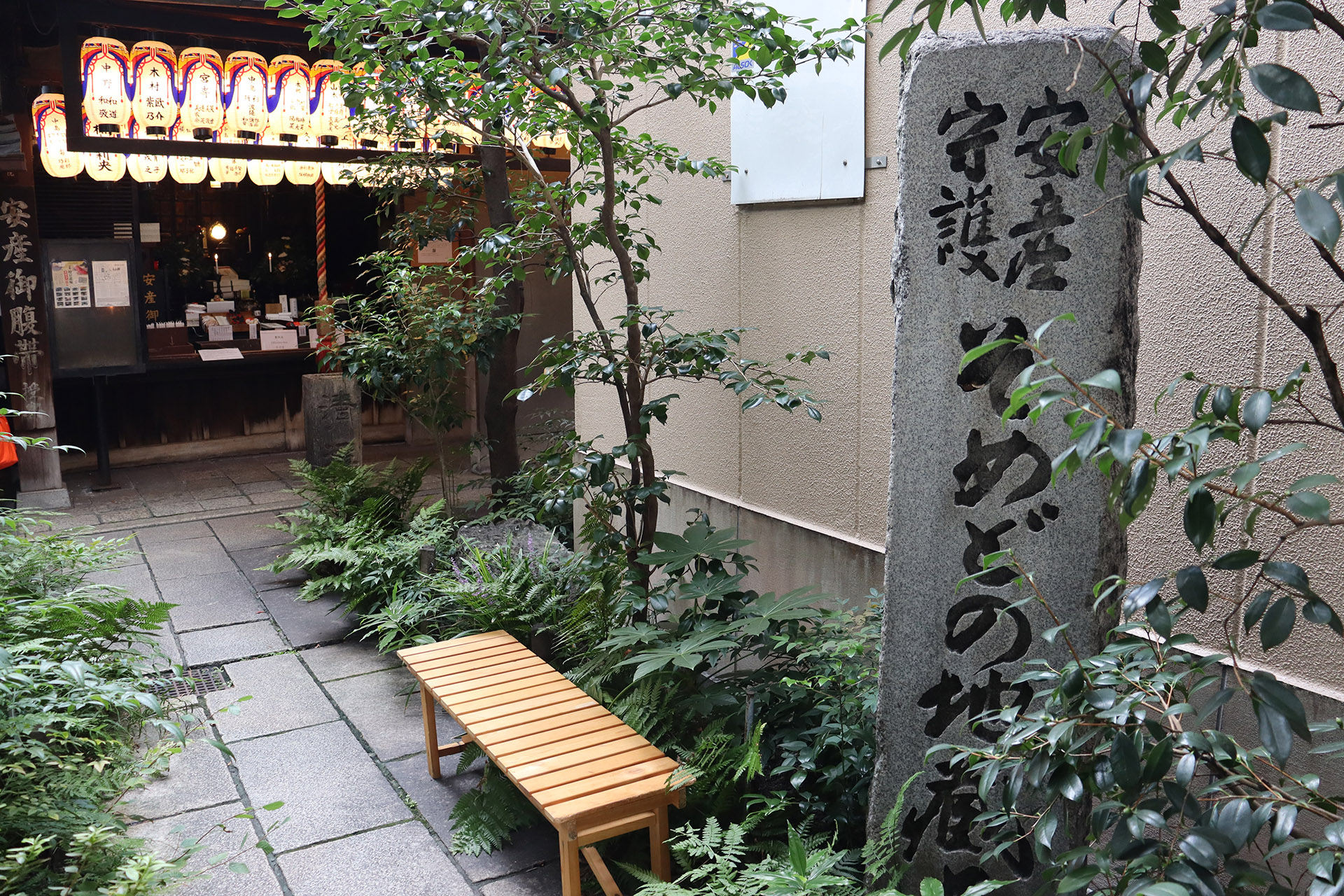

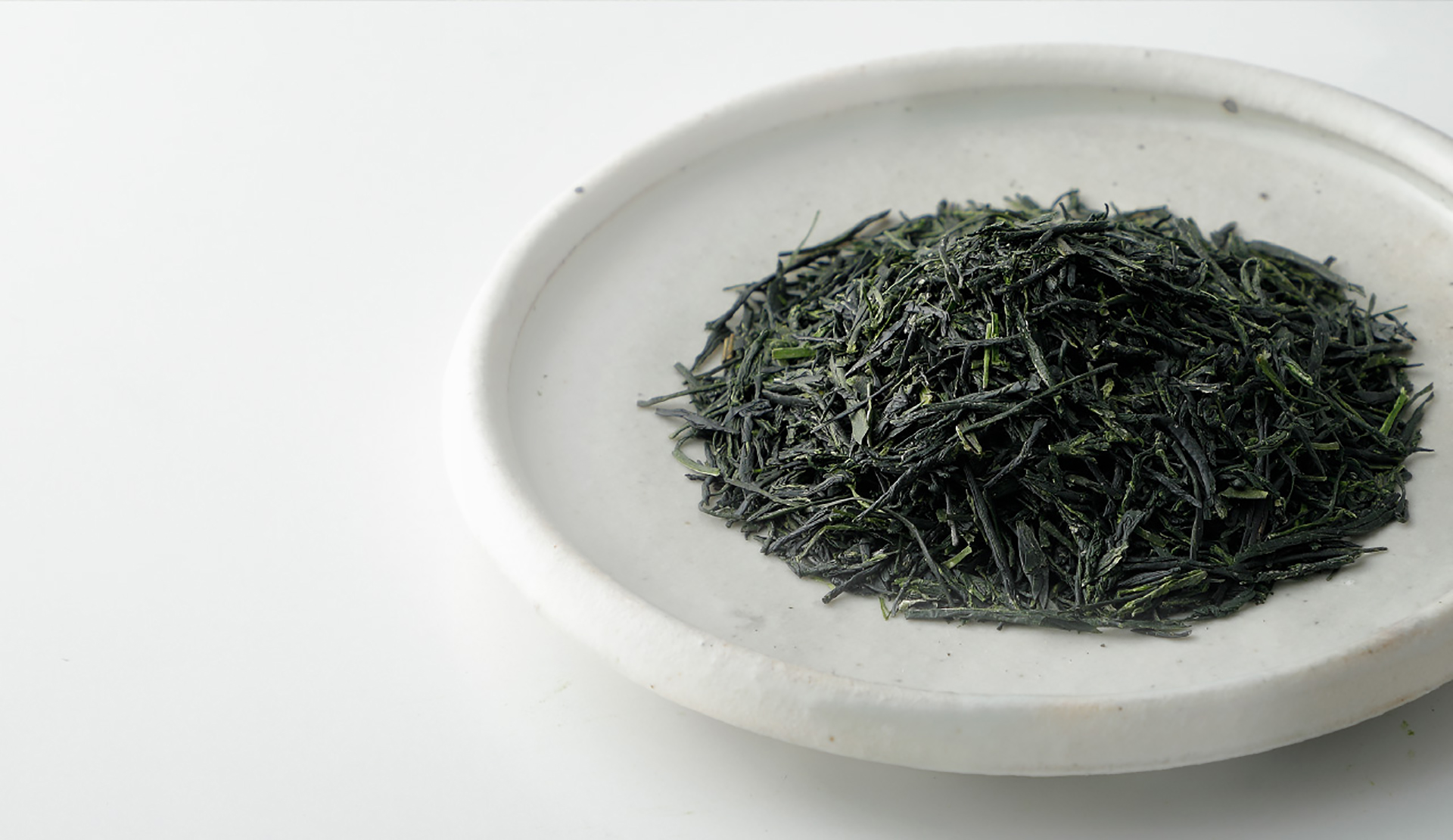
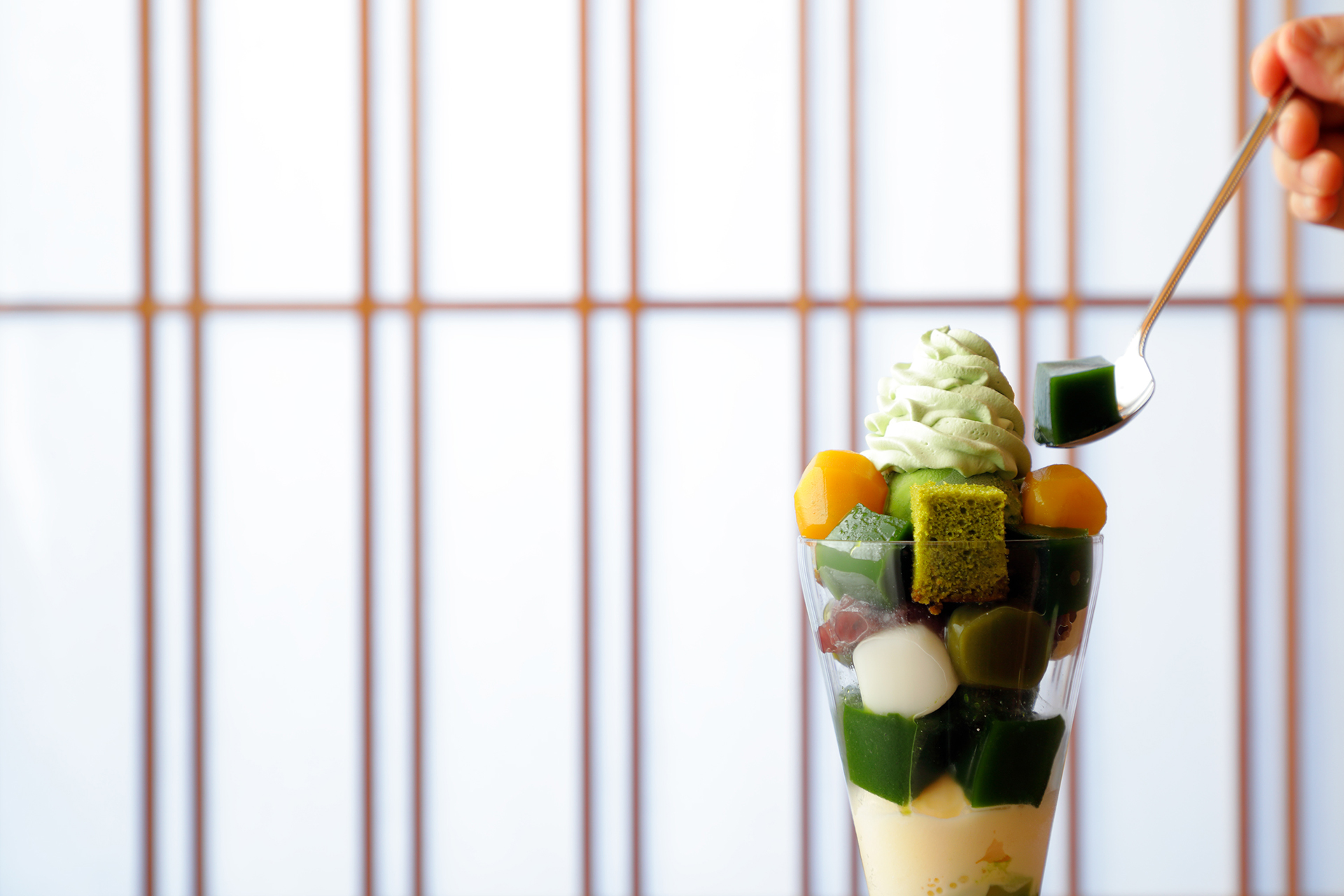
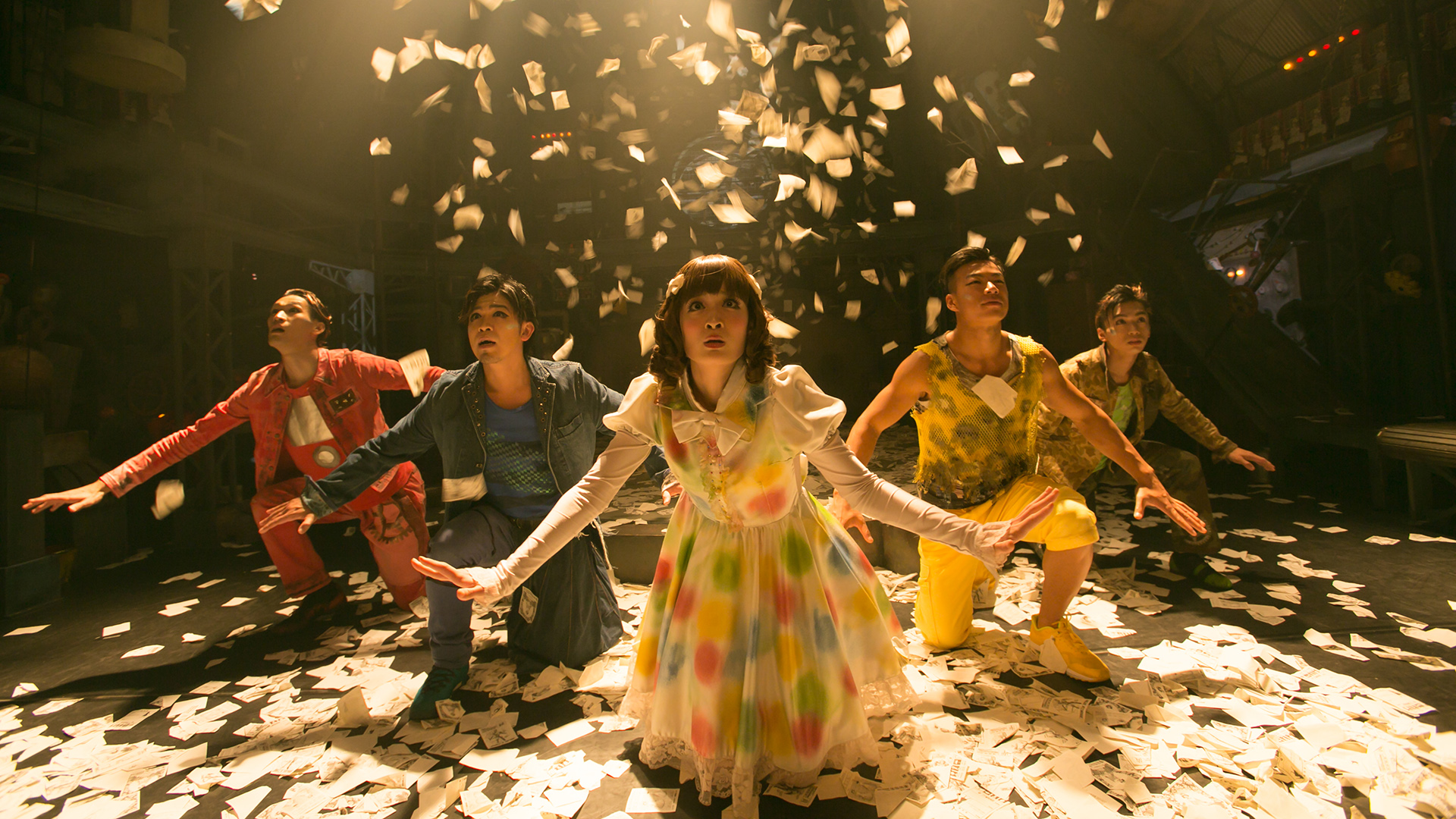
-1.jpg)
